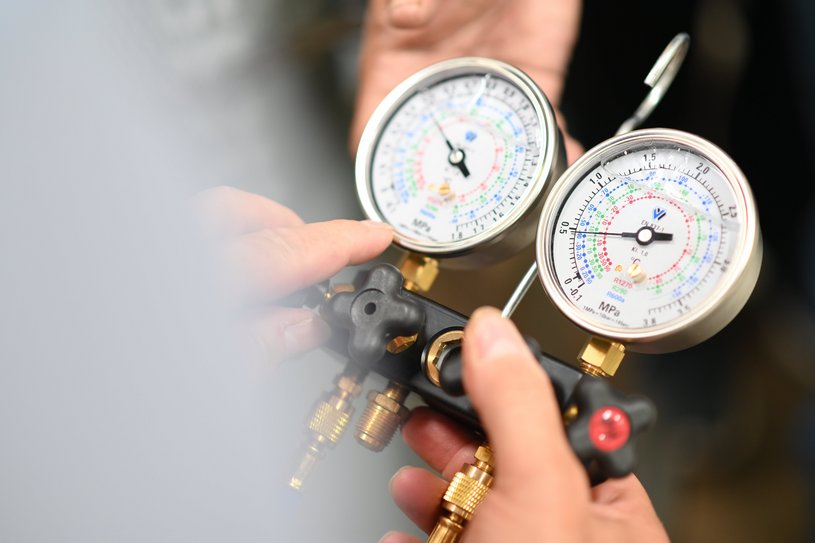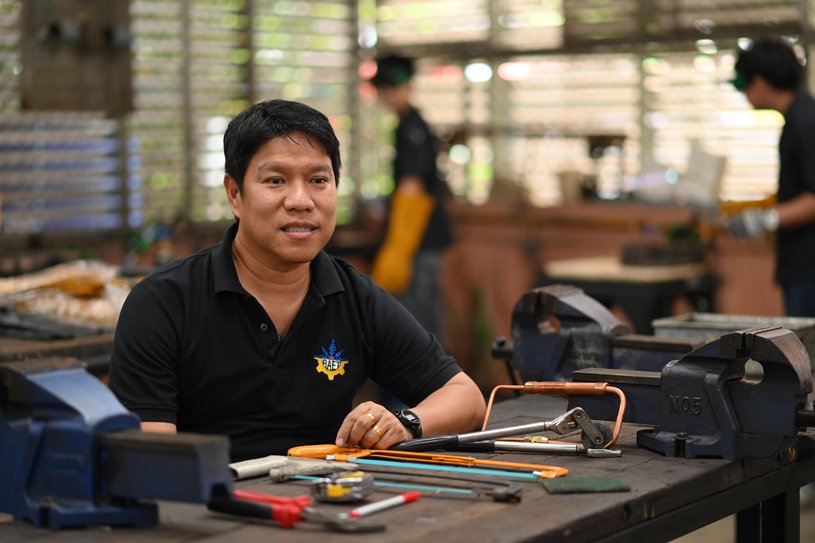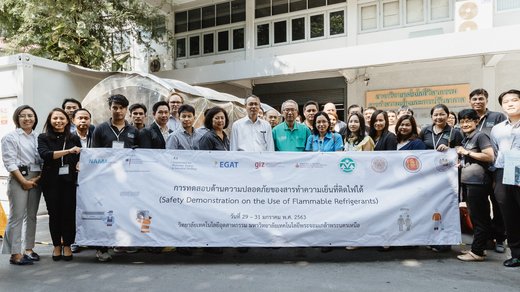For a long time, Thailand has relied on synthetic refrigerants and is only now discovering the enormous potential in natural-refrigerant technologies.
As more manufacturers of RAC equipment switch their production lines to natural refrigerants, Thailand needs to prepare its service workforce to better understand how to use it safely. In Thailand, where knowledge on flammable natural refrigerants is scarce, efforts are now underway to prepare technicians, vocational teachers and chief trainers from skill development institutes to safely handle cooling agents. Eight training courses were organised in 2019, and more to go in the future.
To train enough RAC technicians, five key organisations came together: King Mongkut's University of Technology North Bangkok (KMUTNB), the Office of Vocational Education Commission (OVEC), the Department of Skill Development (DSD), the Electricity Generating Authority of Thailand (EGAT) and Deutsche Gesellschaft für Internationale Zusammenarbeit (GIZ). Together, they selected eight training centres that provide courses on handling natural refrigerants. The curriculum is supervised by KMUTNB.
Quote
200 trainers are expected to be trained on the use of natural refrigerants by the end of 2020.
Text
Eight training courses have been organised in 2019. This year, five more are to come. One of the teachers is Associate Professor Chatchan Thongjub (KMUTNB). His main task is to make sure the trainees know how to use the flammable refrigerants safely. He has been teaching refrigeration and air conditioning technology at KMUTNB for over 28 years.
Quote
"As a teacher, it is my duty to pass on the skills and knowledge of international experts to as many Thai technicians as possible."
Text
Prof. Chatchan knows all too well that many Thai RAC technicians have not received any formal training and thought they could learn it on the job. “This is very risky because sometimes you cannot afford to have a trial and error. With the new refrigerants which we will be required to use in the future, we have to see what the changes are. It is important that we make sure that our service technicians are trained on the latest technologies. This sector never stops to evolve,” he added.

In addition to general knowledge on various types of refrigerants, the course focused on hands-on exercises such as brazing, copper tubing, evacuation, charging and other precautions when dealing with flammable refrigerants. Ms. Ratchawan Thongnuam, instructor at Lampang Regional Institute for Skill Development, explained: “This training benefits everyone a great deal. R290, though flammable, is safe to use if you know how to handle it properly. It is like any other refrigerants. All you need to know is how to handle them.”
Quote
"In a tropical country like Thailand, there will always be demand for AC technicians all year round."
The training programme is part of Thailand Refrigeration and Air-Conditioning Nationally Appropriate Mitigation Action (RAC NAMA) Project. For the past 3 years, the project has been promoting the use of natural refrigerants in domestic and commercial refrigerators, ACs and chillers.



